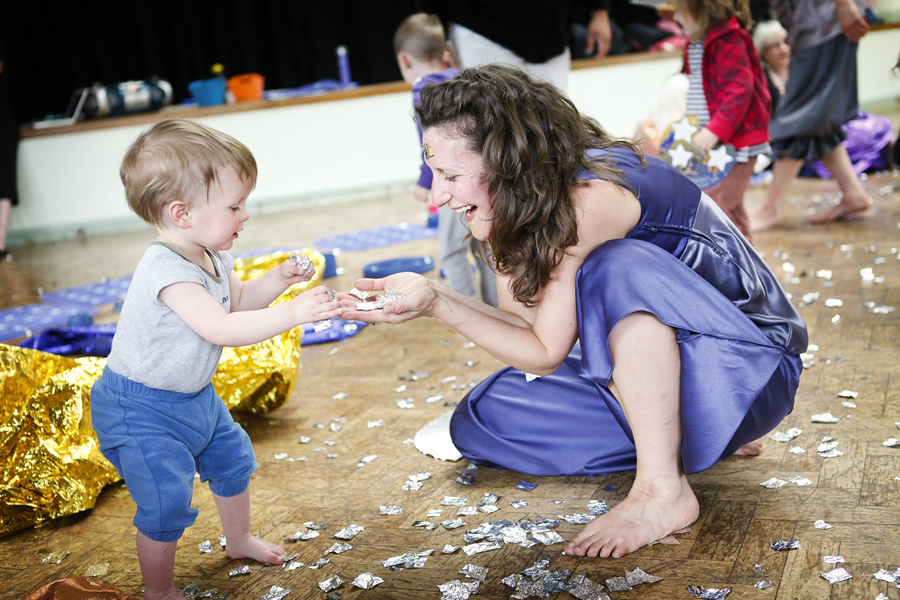What is the relevance of the Social Pedagogy to dance practice?
Over the past two years I’ve been researching pedagogical models of practice that have an impact on families , their connection, creativity and learning. The model of Social Pedagogy has already been applied in Foster Care by a 3 year research project recently published called Head Heart Hands..
What is social pedagogy as explored in Head Heart Hands?
Social pedagogy offers a holistic way of working with children, young people and families in ways that support their well-being, learning and growth. At the heart of social pedagogy lies a belief that each person deserves to be treated with dignity and possesses unique inner richness and potential, which we can help them unfold. To do so requires meaningful and authentic relationships that enable us to recognise a person’s potential, their qualities, strengths and interests, and to create learning situations in which children and families can experience their resourcefulness and develop new abilities. This is why social pedagogy is often translated as education in the broadest sense of the term, as connecting head, heart and hands.
Pracitionners adopt the title “Social pedagogue” and work in a variety of educational and care settings, starting from the early years, through to schools, residential care, play and youth work, community and family support, social work, addiction work, prisons, support for people with disabilities and care for the elderly. The model has it’s roots in progressive German education. There is a shared ethical underpinning, an understanding that in any of those settings we can make a positive difference not just for the individuals but actually for society as a whole if we create an environment that enhances well-being, supports learning, human growth and social inclusion through empowering relationships.
For me, what was startlingly obvious was the link between the Social Pedagogue and The Artist who works to have a social impact in what they do.

A Social Pedagogy Practitioner (and for a fascinating insight into my world at the moment replace practitioner with “dance artist”) is there to:
Recognise the inherent resourcefulness and potential of human beings to bring about change
Appreciate that human relationships, in all their complexity, are intrinsically valuable and therefore central to Social Pedagogy
Enable people to use their voices and effect change within their own lives and wider society
Understand and work with the tensions inherent in valuing individual autonomy and social interdependence
Engage with social and political aspects of human development, childhood and community
Educate for community through community
Develop an attitude of professional curiosity and critical self-reflection
Be open to and informed of new theory, research and good practice relevant to social pedagogical practice
Use situated professional judgment and maintain appropriate confidentiality
Understand issues relating to the protection of vulnerable individuals, groups and communities and address social inequalities
Recognise the value of creativity, playfulness and adventure
Be accountable for my practice, engage in meaning-making and know when to seek advice
Fore more great information and films to explain the school of thought see Thempra

